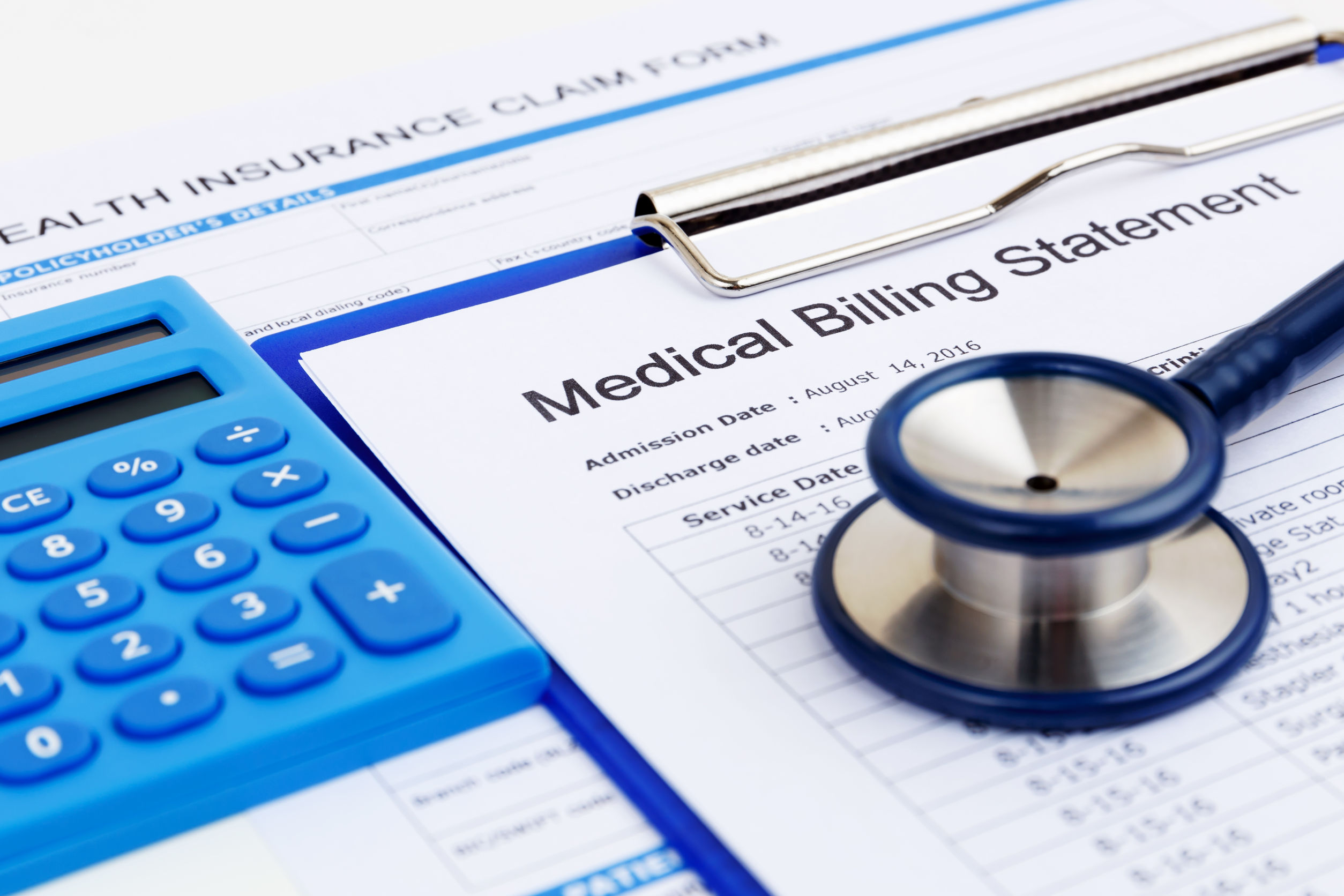Medical bills after a car accident can be complex and exorbitant. Between your out-of-pocket expenses, your car insurance company, the insurance company of other drivers involved in the accident, and your medical insurance company, it can be difficult getting reimbursed for legitimate medical bills. Additionally, insurance companies may prioritize profits over compensating you fairly. This is why you need an experienced Quad Cities car accident lawyer on your side.
To help you understand the process of paying medical bills after a car accident, Winstein, Kavensky & Cunningham has put together the following guide.
Related: What is Pain and Suffering?
You or Your Health Insurance Company Initially Pay
As both Illinois and Iowa are at-fault states for determining liability in a car accident, you or your health insurance company must pay for medical bills after a car accident, at least initially. If you do not have health insurance but have medical payment (sometimes called med pay) coverage included in your automobile insurance, then you may be reimbursed by your car insurance company. Furthermore, med pay coverage can also reimburse you for out-of-pocket expenses, such as co-pays and deductibles.
If you do not have health insurance and your car insurance coverage does not have med pay, there are still ways to get the medical attention you need. Getting proper medical attention is one of most important things to do after a car accident. If you cannot afford medical care, Winstein, Kavensky & Cunningham can connect you with medical professionals that will take care of you in exchange for a portion of your settlement.
Car Insurance Companies Are Where Things Get Difficult
Now comes the hard part — working with car insurance companies. As mentioned above, the Quad Cities are in at-fault states. This means that the person who is at fault for a car crash is liable for expenses. Additionally, Illinois and Iowa use comparative negligence, which means expenses can be split between different parties.
For example, if you’re found to be slightly at fault for an accident then your insurance company may be responsible for 30% of the damages, while the other drivers’ insurance companies are responsible for 70%.
As you can probably imagine, there is a ton of negotiating between the insurance companies. They want to pay as little as possible to the parties involved in an accident. This makes getting fair compensation (and getting it quickly) a tremendous challenge.
Thankfully, the Quad Cities car accident lawyers at Winstein, Kavensky & Cunningham have extensive experience working with insurance companies and understand how to cut through the red tape. In short, our legal professionals are well versed in getting our clients as much money as possible, as quickly as possible.
Trouble Getting Reimbursed For Medical Bills After a Car Accident?
Getting into a car accident can be a confusing and frustrating experience. You should be focused on rest and recovery, not worrying about getting reimbursed for medical bills after a car accident. Getting a fair settlement quickly is one of the many things that the attorneys at Winstein, Kavensky & Cunningham can do for you. Let us handle all of your legal needs so that you can focus on your health.
Contact Winstein, Kavensky & Cunningham today for a free consultation. Our representatives can be reached by phone at (309) 794-1515 and through the Internet via secure contact form and LiveChat. We do not charge any fees unless your case is won and you can be assured that our attorneys are dedicated to getting you the highest settlement possible. Don’t get trapped in a maze by insurance companies. Let Winstein, Kavensky & Cunningham get you justice today.
